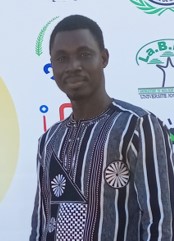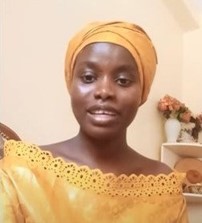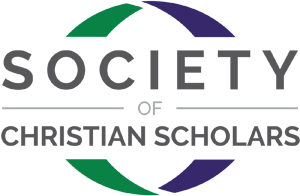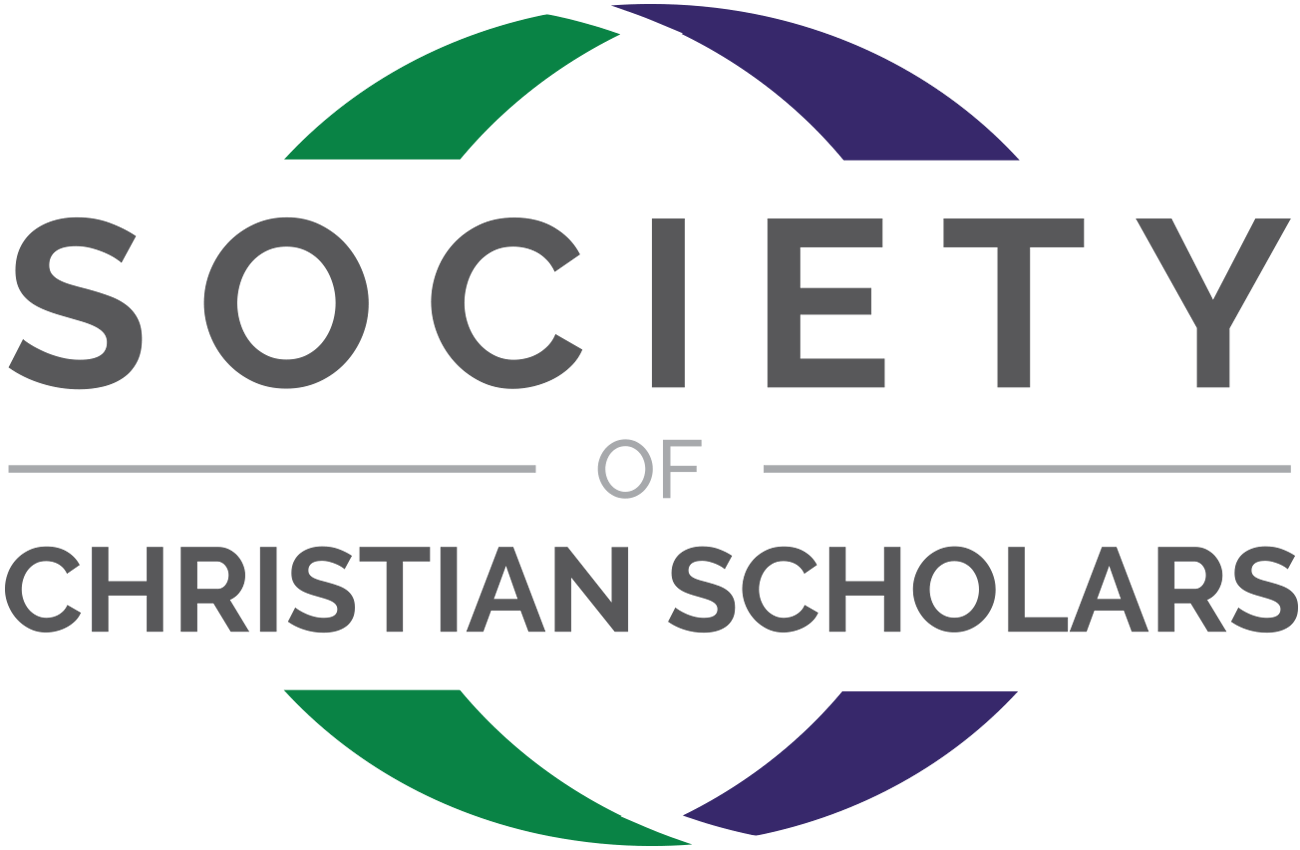Annual Global Scholars Grant Opens Soon!
The Annual Global Scholars Grant (2025) opens on 1 December. Applications can be submitted until 1 March 2025. The purpose of these grants is to help Society members become better equipped to fulfill their calling in academia.
December 1, 2024: First day to submit applications
March 1, 2025: Deadline for grant submissions
March 1 to May 31, 2025: Grant Evaluation Committee determines grant recipients
June 1, 2025: Grant recipients announced
July 31, 2025: Funds awarded
Grant recipients will be asked to submit regular reports as indicated in the terms of the specific grant.
Several grants between $500 USD and $2,000 USD will be awarded.
Applicants who have received this grant last year (2024) are not allowed to apply this year.
Upcoming Conference: Bioethics Conference Call for Papers by 2 December 2024
Conference Dates: 26 June 2025 – 28 June 2025
Location: Deerfield, Illinois, United States
The Center for Bioethics & Human Dignity invites healthcare and other professionals, scholars, researchers, educators, and students to submit abstracts of papers that address questions associated with our conference theme—Living in the Biotech Century: The First 25 Years—or that engage more broadly with other foundational and emerging bioethical issues raised at the intersections of medicine, science, technology, and our common humanity.
Deadline for paper proposals: 2 December 2024
For more information, see the Submission Guidelines.
Trinity International University 2025 Annual Conference Call for Proposals Poster
Here is a description of the conference from Trinity International University’s website:
About the Conference
We are 25 years into the Biotech Century. Have the predictions, opportunities, and threats that many in the late 1990s wrote about come to pass? From eliminating disease to the development of new technologies and moving toward the Singularity, how have the predictions made in the 1990s fared?
Which opportunities and threats have been realized? What unforeseen issues have arisen? How does the knowledge we have now inform how we view the predictions that were made then? And, perhaps most importantly, how can human beings flourish over the rest of the Biotech Century?
The Center for Bioethics & Human Dignity invites you to join us for our 32nd annual conference, Living in the Biotech Century: The First 25 Years, on the campus of Trinity International University in Deerfield, Illinois. We will assess the fruits of the Biotech Century and delve into the pressing issues before us from a Judeo-Christian, Hippocratic point of view.
The conference will host plenary sessions addressing:
Virtue Ethics
Predictions vs. Reality Regarding the Biotech Century
The Growth of Assisted Suicide and the Continuing Push toward Euthanasia
A Theology of Suffering
The Political and Legal Landscape
And more.
In addition, workshops and paper sessions will explore a wide spectrum of issues from traditional and emerging bioethical topics.
The Center for Bioethics & Human Dignity’s annual conference is the leading forum for engaging in Christian bioethics, providing opportunities for equipping and educating students, professionals, clergy, and lay people, as well as professional development credit, academic engagement, and networking for academic researchers, policymakers, educators, clinicians, thought leaders, and students across a variety of disciplines and professional contexts.
This conference will be available in person, or online.
Society Library
Upcoming Bi-monthly Library Reading Group
Plan to attend the bi-monthly Library Reading Group on Friday, 6 December at 1400 UTC. The discussion will be led by the Society’s book review editor, Dr Ron Lindo, on the chapter, ‘Paradigms for Success’, in Establishing a Leadership Mindset: A Guide to Using the Power of the Human Brain to Motivate Learning by Tony Holland.
Here’s a synopsis: Modern teaching methodologies challenge professors to reorient their courses to tailor them according to the current needs of students. Instead of focusing on just “telling” students information, these methodologies argue that genuine learning happens when professors facilitate conversations and activities that help students rise to their potential (very similar to the methods used by an effective coach). In this chapter, Tony Holland responds to eleven different ‘excuses’ that are presented by faculty members when they are asked to make this transition. According to Holland, once these issues are resolved, professors will find that students’ achievement is higher and the overall teaching experience is enhanced.
Library Reading Corner
This month’s Library Reading Corner feature includes three library resources under the library category of Pursuing Vocational Excellence. These resources provide further reading for the October 2024 webinar, ‘Leadership or Servanthood?’ presented by Dr. Yung Hwa.
Title: ‘Pastor-Scholar to Professor-Scholar: Exploring the Theological Disconnect Between the Academy and the Local Church’ by Gerald L. Hiestand
Brief Description: The focus of the article is twofold: (1) the need for both the ecclesial and academic communities to recognize the inherent limitations of academic theology in meeting the theological needs of the local church; (2) to establish a theological community for emerging ecclesial theologians which fosters networking between church leaders and members of the academic community.
Title: ‘7 Ancient Principles: for 21st Century Leaders’ by Brian C. Stiller
Brief Description: This book is from the WEA World of Theology Series. The 7 principles of leadership presented are explored and discussed through a biblical lens and guided by the leadership model of the prophet Nehemiah.
Title: ‘Servant Leadership Models for Your Parish’ by Dan E. Ebener
Brief Description: This book has been written as a training guide for leaders of the Catholic faith and to guide their success as church leaders. However, the content should be relevant to Christian leaders of any denomination.
Please contact the Society’s librarian, Dr Marlene Hines, at librarian@societyofchristianscholars.org for any further assistance.
Upcoming Webinars
Be sure to check the Webinars Page for third-party webinars that are often added on short notice and for updated presenters and topics that may be helpful in equipping you to bring the gospel to bear in your university context.

Ecosystemic Degradation and the Responsibility of the Church in Burkina Faso by Sambo Ouédraogo – Thursday, 21 November 2024 at 1400 UTC
Human societies around the world, regardless of their religious, cultural or geographical characteristics, need healthy and functional ecosystems to support human life on earth. The biodiversity of the environment that God found good according to Genesis is nevertheless declining at a rate 1,000 times higher than the natural rate. In the fight for the conservation of biodiversity, scientific and political efforts at the global level are more visible than those at the local level.
On Thursday, 21 November 2024 at 1400 UTC, Dr Sambo Ouédraogo, Assistant Professor and Researcher of Plant Biology and Ecology at Norbert Zongo University in Burkina Faso, will discuss his analysis that offers a synthesis of the efforts made by local government and church actors in the restoration of degraded ecosystems and the conservation of biodiversity. He will highlight the potential of the evangelical church for intervention and will offer suggestions as to how to actualize that potential. His research compares initiatives, both those pledged and ones carried out, by academic, government and religious actors.
Dr Ouédraogo’s presentation examines the relevance and the resources mobilized by these initiatives in terms of restoration of ecosystems and conservation of biodiversity in three spheres in Burkina Faso: agriculture, the environment and livestock. Finally, he offers his perspective on alerting and supporting the Burkinabé church in its role of steward of the created world.
Join the conversation to learn more about how the Christian faith is rooted in the earth and how we can honour God by valuing and preserving God’s good creation.
The Q&A portion will be in both French and English. It will be moderated by Laurent Kayogera, a scholar of communication sciences, a leader of SCS Burundi, a training coordinator for the Burundian IFES movement, and a senior catalyst in the Logos and Cosmos Initiative, and Stephen Ney, a scholar of literature from Canada who teaches academic writing and critical thinking in Sierra Leone and coordinates theology-and-science training for the IFES Logos and Cosmos Initiative.

Perceptions and Determinants of Entrepreneurship in a Christian Environment: A Science-and-Faith Analysis by Albertine Bayompe Kabou – Thursday, 19 December 2024 at 1400 UTC
Poverty is a real challenge for African countries where unemployment rates are often very high. Faced with this situation, many people, especially young people, live in very difficult conditions. It is important to understand both social development and the individual capacity to create a business. In doing so, it is possible to determine why Christian Francophone Africans are so marginal with respect to economic development in their countries.
On Thursday, 19 December 2024 at 1400 UTC, Dr Albertine Bayompe Kabou, Lecturer in Economics at Université Assane SECK de Ziguinchor in Senegal, will discuss her analysis of Christians in Francophone African countries and why they seem to have a passive attitude towards entrepreneurship. Their lack of involvement in entrepreneurship has roots in the continent’s history of slavery and colonization, but also in other sources such as the educational system, the sociological characteristics of Africans and the influence of religious beliefs.
The objective of this presentation is to explain the perceptions of entrepreneurship among Christians in French-speaking Africa. The purpose is twofold: on one hand, it addresses the causes of the passivity of French-speaking African Christians in entrepreneurship, but it also identifies ways to engage them in economic development with the aim of improving their living conditions and financing mission and evangelization projects.
Join the conversation about how entrepreneurial business can be a tool to affect real change for the well being of your society by registering below!
The Q&A will be in both French and English. It will be moderated by Laurent Kayogera, a scholar of communication sciences, a leader of SCS Burundi, a training coordinator for the Burundian IFES movement, and a senior catalyst in the Logos and Cosmos Initiative. He will be joined by Stephen NEY, a scholar of literature from Canada who teaches academic writing and critical thinking in Sierra Leone and who coordinates theology-and-science training for the IFES Logos and Cosmos Initiative.
Disclaimer: The views and opinions expressed in the Addenda are those of the authors and do not necessarily reflect the views or positions of the Society of Christian Scholars.

